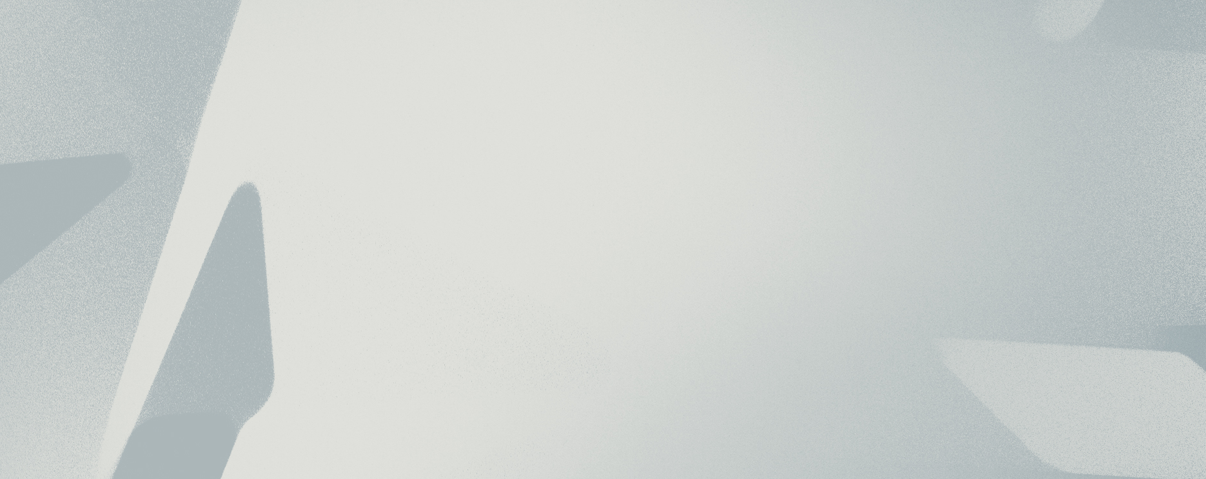NURSING 201—HUMAN ANATOMY AND PHYSIOLOGY I WITH LABORATORY
Fall. Credit, four hours. This course is an introduction to the structure and function of the human body. Topics covered include cell structure, function, and biochemistry; characteristics of tissues; control systems and homeostasis; and skeletal, muscle, and nervous system function. Laboratory experiences involve dissection, study of human specimens, and experiments in physiology. The course fulfills requirements for admission to nursing schools and many allied health programs. Three hours of lecture and one three-hour laboratory per week.

